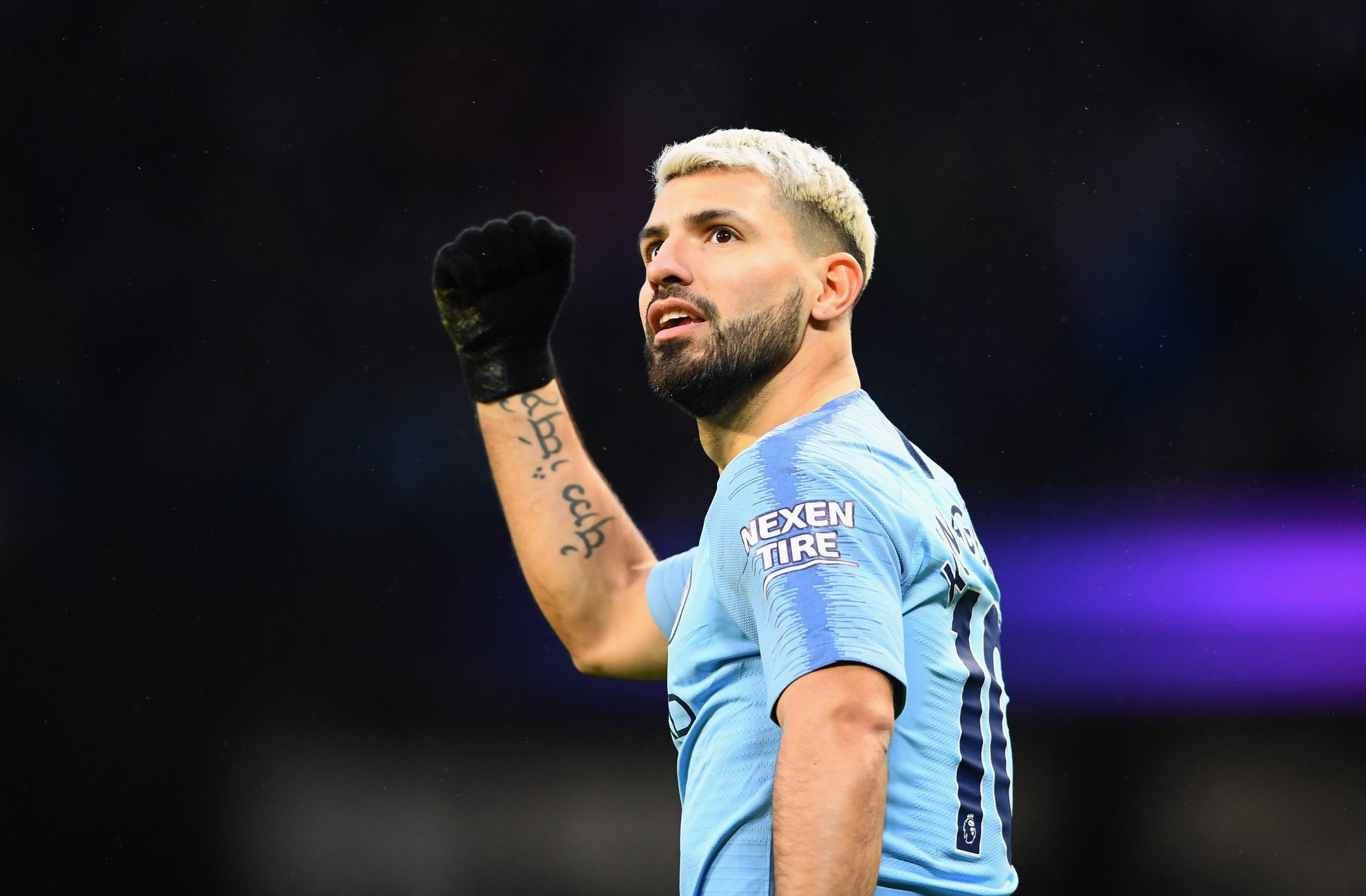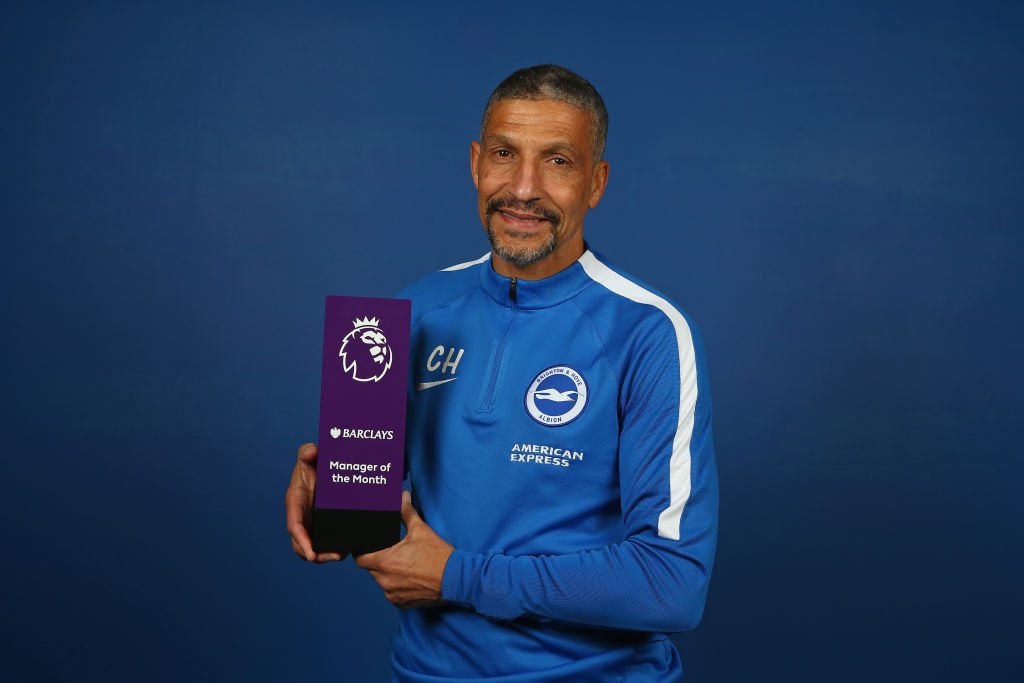
New Zealand weightlifter Laurel Hubbard is set to become the first transgender athlete to compete at an Olympics after qualifying for the rescheduled Tokyo Games due to a rule change, Inside the Games website reported on Wednesday.
Hubbard was effectively guaranteed a spot in the women’s super heavyweight category, the report said, after the International Olympic Committee approved an amendment to the rules as the COVID-19 pandemic forced the cancellation of many qualifying competitions.
It confirms a remarkable comeback by Hubbard, who at 43 will be the oldest weightlifter at Tokyo 2020 and was unsure about her professional future after suffering a serious elbow injury three years ago at the 2018 Commonwealth Games in Gold Coast, Australia..
Hubbard has not yet been named to the New Zealand national women’s weightlifting team going to the Tokyo Olympic Games.
Hubbard competed in men’s weightlifting competitions but never made it to international competitions before transitioning in 2012.
After transitioning, she moved to a new level, finishing second at the 2017 IWF World Championships and winning continental titles and other elite competitions.
Hubbard was sixth at the last IWF World Championships in 2019, having recovered from injury – and three of those who finished ahead of her will not be competing in Tokyo.
Hubbard’s presence in women’s weightlifting has caused much controversy, as has the topic of transgender athletes generally in recent years.
In an interview in 2017, after her World Championships silver medal, Hubbard said: “The rules that enabled me to compete first went into effect in 2003.
“They are known as the Stockholm consensus with the IOC but I think even 10 years ago the world perhaps wasn’t ready for an athlete like myself – and perhaps it is not ready now.
“But I got the sense at least that people were willing to consider me for these competitions and it seemed like the right time to put the boots on and hit the platform.”
She has been eligible to compete in the Olympics since 2015, when the IOC issued new guidelines allowing any transgender athlete to compete as a woman provided their testosterone levels are below 10 nanomoles per litre for at least 12 months before their first competition.
Weightlifting has been at the centre of the debate over the fairness of transgender athletes competing in women’s sports, and Hubbard’s presence in Tokyo is set to attract huge media attention as well as criticism from fellow lifters and coaches.
Her gold medal wins at the 2019 Pacific Games in Samoa, where she topped the podium ahead of Samoa’s Commonwealth Games champion Feagaiga Stowers, triggered outrage in the island nation.
Australia’s weightlifting federation sought to block Hubbard from competing at the 2018 Commonwealth Games on the Gold Coast but organisers rejected the move.











